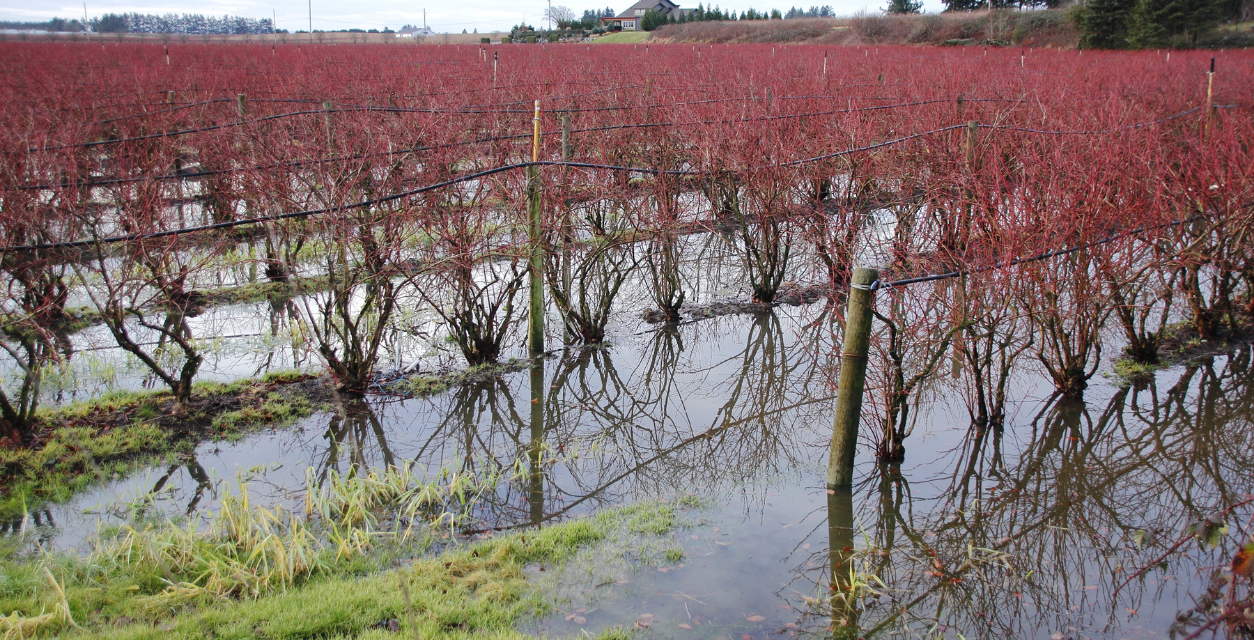A Google search led me to an interesting survey which stated that most Americans are “comfortable with their abilities to cope with information flows in their day-to-day lives.” I’m surprised by this finding because my experience shows unquestionably that most people claim to be on overload – constantly. The technology which promised to make our lives simpler (faster, more affordable, etc.) seems to have added layers of complexity to what used to be routine tasks.
A major complicating factor is in the sheer number of choices available for just about everything. I am old enough to remember when there were only 3 television stations, and they were only available from about 7 a.m. to 11 p.m. At the close of the broadcast day, the national anthem was played, and the screen displayed the black and white, snow pattern of static. I would walk to the television positioned in the corner of our living room and turn a knob which had only two positions – on and off.
Fast forward 30 years or so. I remember sitting in front of the TV holding 3 different remote-control gadgets that were a part of the system my husband (the family techno-geek) had installed in the media room. I stared at the first one (which was too large to fit in my hand comfortably) then glanced back and forth between the three. I knew that each one had to be pointed toward a particular unit in the system, and that certain buttons had to be activated in a designated sequence in order to get picture and sound. I had fallen behind on my technical knowledge and the stack of instruction manuals lying on the shelf offered little hope. Even if I had succeeded in turning the thing on, I’d be hard pressed to find the channel I wanted, because now there were dozens of choices. I felt frustration rising and a sense of overload moving in.
Fast forward again to 2022 and technology has invaded every aspect of life, but perhaps the most perplexing arena is that of money and finances. The choices for making money, spending money, growing money, and transferring money have become endless, with new options materializing daily. Just one click of a programmer’s finger can open up a whole new world of alternatives, complete with new systems and new language. I’ve recently added a new word to my growing vocabulary of financial terms. The word is “fintech”, a combination of “financial” and “technology”. Indeed, these two spheres have merged to create a fascinating new “thing” that’s difficult to even define. (Check out the www.investopedia.com website for full details about fintech.)
Needless to say, a major part of financial literacy training now hinges on the ability to manage personal frustration that leads either to paralysis or panic. Victims of paralysis don’t know what to do, so they do nothing. When their financial houses catch fire, they are simply carried out on stretchers. On the other hand, victims of panic will dive into the shallow end of the pool headfirst! Both are doomed.
The time has come for a major shift in thinking about information, adjusting our expectations and adopting a mindset that is capable of maneuvering in a world where information and technology are exploding. In coaching us through this shift, I suggest we begin by removing the term “information overload” from our vocabulary. “Overload” paints a picture of a beast of burden having more and more piled on his back until he craters under a heavy load. The very definition of the word implies an expectation that we ought to be able to absorb all the information, and sets us up for disappointment, frustration, and all manner of negative emotions when we inevitably fail to master everything presented to us. A learner who feels overloaded is destined to crash and burn.
Something magical happens when we stop describing the situation as “information overload” and replace it with “saturation point”. This concept is more accurate, more useful and much more positive. A learner who has reached a saturation point is prompted to take a break and process the information. The practice of processing can be compared with squeezing the water from a sponge. You dip a sponge into a stream of water. It reaches its saturation point and can hold no more water. You then squeeze the water from the sponge into your bucket and return to the stream with the sponge, ready to saturate it again.
Learners who allow themselves to feel overloaded tend to procrastinate, complain and demand that someone stop the flow of the information stream. They panic like one about to drown. By contrast, shifting the mind from overload to saturation creates a place of peace. Calm and clarity become possible, allowing the learner to push past the fear and avoid panic. Those who embrace and understand their own point of personal saturation will acquire knowledge, experience growth and find great enjoyment, which will allow them to return to the flooding stream over and over again.
In a good learning community, we can breathe deeply of this peace by plugging into a system that allows us to absorb information for ourselves but never by ourselves. Someone in the group will invariably supply support, research or tools to help everyone tackle mounds of information more efficiently. In a very real sense, the community becomes a collection of like-minded friends. And friends don’t let friends suffer from overload! Instead, we help each other find peace. Peace trumps panic everytime!













